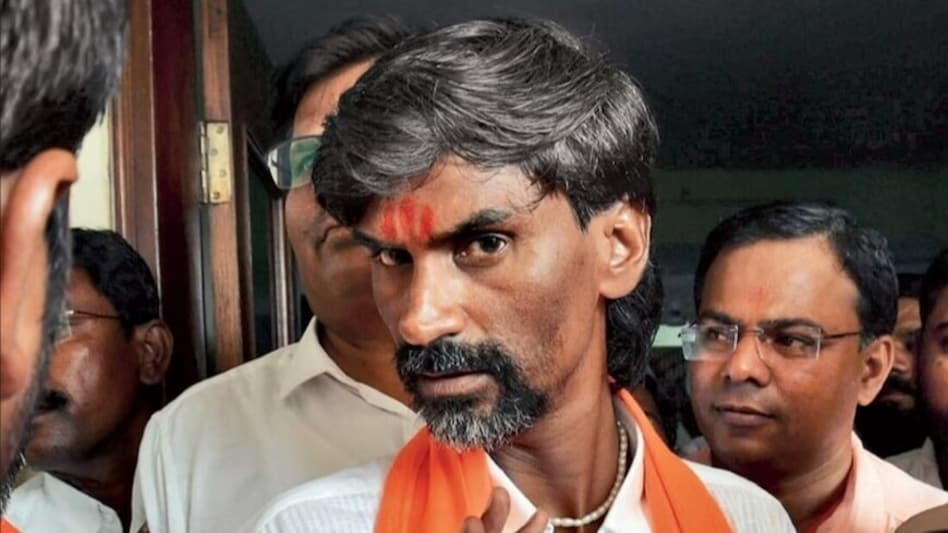Mumbai Police has granted conditional permission to Jarange Patil to hold a protest at Azad Maidan on August 29. This permission is based on compliance with the rules and conditions set by the Mumbai High Court. The police order states that the protest will be for one day only and can include a maximum of 5,000 protesters, as that is the capacity of the ground.
According to the order issued by the police, the protest will only be allowed for one day and will not be permitted on Saturdays, Sundays, or public holidays.
Vehicles arriving to participate in the protest must pass through the Wadi Bandar Junction after entering, from where only five vehicles will proceed to Azad Maidan. All other vehicles will be directed to parking areas designated by the police.
Number of protesters and time limit…
The order limits the maximum number of protesters to 5,000. Police stated that only a 7,000 square meter portion of Azad Maidan is reserved for the protest, which has a capacity of 5,000 protesters. The protest is scheduled from 9 AM to 6 PM, and protesters will not be allowed to remain on the ground after that. Additionally, loudspeakers cannot be used without permission.
Also read:
It has also been directed that protesters will not cook food in the ground and will not litter. Police have also asked to ensure that protesters do not engage in any activity during Ganesh Visarjan that could disrupt the festival. The order also states that small children, pregnant women, and elderly people will not be part of this protest.
Action for violation of rules…
Police have said that if protesters violate these conditions, the protest will be declared illegal and appropriate legal action will be taken.






